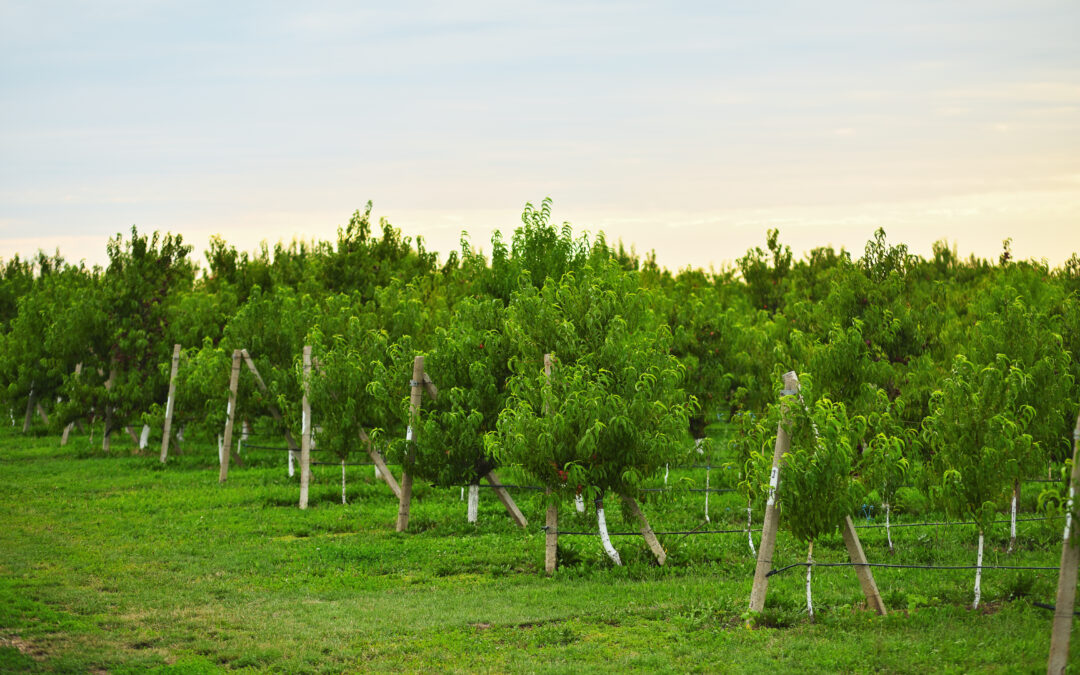Article by Assistant Dean, Nathanael Jenkins
My football career peaked in sixth grade. I played wide receiver for my elementary school football team, but when the starting quarterback decided he was bored and quit at the end of the year, they moved me under center for two “all-star” games. While there, I guided our team to two lopsided victories to end a perfect 10-0 season. Then junior high started, I moved schools, and my time at the top was over.
Every dog has his day in the sun and that was mine. But I wouldn’t have remained the starting quarterback long had I continued on with my teammates. I finished high school at 140 lbs sopping-wet with no speed and hands the size of coffee saucers.
I continued on to a new Christian school that met, of all places, in the basement of a large church. The story of how God took hold of my heart in that place is for another day, but suffice to say that I was less than thrilled to be leaving my teammates. I would have done anything to get back to them… and I tried. First, by successfully getting suspended from the school for bullying, then, after reforming, by appealing to my parents that my changed behavior warranted me a place back with my friends. They didn’t listen, thankfully.
What I didn’t know then was that I was getting something better than a chance to play football: I got a decent education. Though my school was not officially classical – in the late 90’s not much was – it contained classical elements. For instance, I learned Koine Greek in eighth-grade. I had two English teachers who helped me start thinking about key differences between sacred and secular culture. I ordered my first CD’s from Amazon later that summer (it was the before-times, remember) – Henryk Górecki’s Symphony No. 3 and Miles Davis’ Sketches of Spain, albums I had been introduced to in English class. I also had a fantastic art education, and I learned both art history and how to draw and paint.
My family moved to Ohio my freshman year and I was homeschooled. I did my studies, but kept focused on sports, waiting for a chance to get back to football. My junior year I enrolled at a large Christian school in order to play football, but early in the semester I developed mononucleosis, missed an entire month of school, and along with it, the remainder of the football season. Disappointed, I withdrew in order to take online classes instead.
It was a rather hodge-podge year of schooling that I managed to get through, though I’m not sure I managed to learn much. Thinking back, I can’t recall that I learned anything. I know I read Shakespeare, but I don’t remember which plays. With no real oversight (sorry Mom, I know you tried), I cheated my way through my online statistics class, having gotten hold of the answer key. I was lazy, failed one of my courses, and graduated a month later than I should have.
You’ll forgive me for detailing my academic history, but I think there is both a lesson to learn and a cautionary tale from my upper school career.
Like many of you, I am delighted to give my own children the classical education that I regretfully did not have. I look back and wish I would have spent less time focusing on sports and more time learning music and the arts, languages, and logic and rhetoric. Now at 40 years old, I couldn’t play football even if I wanted to, and the thought of suiting up breaks me out in cold sweats. But the elements of classical education from my junior high years have remained with me into my adult life. To this day I can walk into a museum and instantly recognize an O’Keefe, Kandinsky, or Calder, thanks to Mr. Moore. I have grown to love classical music and great literature, thanks to Miss Brailey and Mr. Solak. And just last week, I was reading the Greek New Testament while sitting in church and reflecting on the gift Mr. Voss gave me of being able to read the Bible in one of its original languages.
Looking back, my middle school years were much harder academically than my high school years. I often chafed at the rigorous instruction, chafed at the location of the school, and especially chafed at the fact that I couldn’t play football. At times, in my rebellious stupidity, I chafed at the Christian influence. But the learning that has remained with me the longest and which I have appreciated the most is the learning I did in those two years. I only wish I would have had the opportunity for a full K-12 classical education.
As a classical educator, I now have the opportunity to remind students of the incredible educational opportunity they have been given, even if they don’t yet recognize it. When we ask them to decline a Latin phrase in the Gospels, or prove a geometric series, or to read Bede on the origins of the English church, we are, of course, not doing so because we believe that that is what teenagers naturally love to do with their time. When we recite our catechism and read Scripture each morning in chapel, we know that many days the words have not yet made their way from the head down to the heart. We sometimes hear the whines, and yes, see the tears, that come with doing difficult things. But our hope is that those things which our students perceive now as their most difficult disciplines will be seen later as their biggest benefits.
We believe that a fully K-12 classical education is one of the greatest gifts a parent can give to their child, because it will be something that bears fruit for the rest of their lives. It forms the adults they will become. It forms the parents of your grandchildren, and it forms the adults who will take care of you in your old age. We are planting orchards, not windbreaks. We love that many of our students enjoy playing athletics, and we encourage them in those pursuits. But our ultimate hope is that, long after they have hung up their cleats and put away their pads, what will remain will be the dividends of well-ordered language, logical and rhetorical thinking, and the disciplined practice of Christian virtue – in short, the fruits of a classical, Christian, education.


